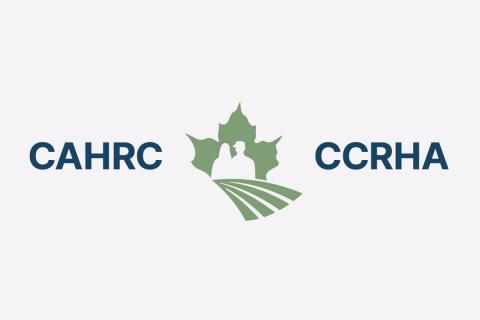Agriculture is a vibrant sector offering career opportunities that are as ample as they are diverse, and the quality of those opportunities – not to mention the ability to take full advantage of them – starts with education.
Across the country, post-secondary institutions provide world-class programs that are foundational to success, many of which offer experiential or on-the-job learning. Experiential learning, where students or people early in their careers get the chance to apply their knowledge in a workplace, is a recognized best practice in education and business that is increasingly becoming a part of current trends in curriculum and skill building.
Many post-secondary institutions in Canada offer programs relevant to agriculture and food and beverage manufacturing, most including work-integrated learning. CAHRC has identified post-secondary programs at 54 institutions. Chief amongst them are the University of Guelph, Lakeland College, University of British Columbia, University of Manitoba, Olds College and McGill University. [LC1]

Source: Analysis conducted by Medow Consulting based on environmental scan
Examples of specialized integration
A number of other schools are prized for their sector specialization in work-integrated learning. For example, the University of Alberta’s Faculty of Agriculture, Life and Environmental Sciences capstone project is required for every undergraduate student in the faculty. These have included tasks such as developing a prototype of a food product.
The University of Prince Edward Island’s Foods and Nutrition program provides students with comprehensive training opportunities related to nutritional health, novel food product development and support for sustainable food systems. The school offers multiple work-integrated learning opportunities, including a dietetic internship in the program’s third year, a cooperative education program that students can apply to in their second year, and applied research projects in food security, nutrition education and food product development.
Vancouver Island University’s Fisheries and Aquaculture Technology program provides academic skills training and practical experience in fisheries management and the aquaculture industry. Students have summer work experiences related to the industry between the first and second year of the program and later participate in a practicum for an entire year. They also participate in weekly practical field placements across the industry landscape. The university highlights that 95 per cent of graduates are hired in related jobs within a month of graduation from the program.
Algonquin College’s Culinary Arts and Food Science program produces skilled graduates with food science backgrounds who are equipped to create high-quality food products for existing and emerging markets. Students participate in two cooperative education opportunities during the program – one in food science and one in culinary arts – and are also offered the chance to engage in applied research projects.
At CAHRC, where we aim to provide solutions to agri-workforce challenges, it’s encouraging to see how many rich opportunities exist in Canada’s education sector for high-quality, hands-on learning. Those who choose agriculture as their career path will no doubt provide valuable contributions to the sustainability and competitiveness of our sector.
